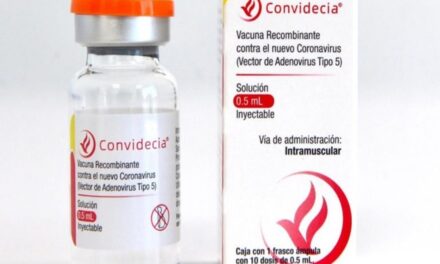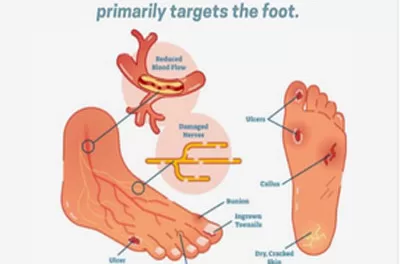In those countries that quickly resumed influenza surveillance to pre-COVID-19 levels, an additional challenge was the very low transmission of seasonal influenza seen during the pandemic, which resulted in low numbers of specimens shared.
In an effort to re-prioritize virus sharing in the region, participants at two regional influenza meetings shared their experiences of influenza surveillance during the pandemic, discussed the latest WHO guidance for adapting influenza surveillance systems to also monitor SARS-CoV-2 and considered a range of context-specific needs and priorities. Their deliberations led to four key recommendations:
- Expand influenza surveillance to non-sentinel sites, with subsequent reporting to FluNet, to increase the chances of identifying influenza activity and collecting samples for testing and virus isolation.
- Advocate for integrated influenza and SARS CoV-2 surveillance, including the use of multiplex kits.
- Share all available influenza specimens with a WHO CC in a timely manner, even if there is only one specimen.
- Use two virus transport media—with and without influenza virus inactivation substances—to support the collection of samples with viable influenza viruses, local testing and subsequent shipment to an NIC.
WHO has been supporting countries to implement these recommendations. It has provided need-based logistical support through its Regional Office for South-East Asia and the Shipping Fund Project. WHO has also sent out periodic reminders to prompt virus sharing.
The result is that all South-East Asia countries with influenza-positive specimens managed to share viruses at least once with WHO CCs collecting data to inform WHO’s biannual vaccine composition meetings. The region shared nine shipments for the September 2020 meeting, three for the February 2021 meeting and five shipments for the September 2021 meeting.
Now plans are underway to further improve virus sharing in the region, including through a monthly follow-up process for influenza positives reported to WHO, and by providing NICs with systematic updates on streamlining virus sharing processes, with a focus on ensuring representativeness and timeliness.











